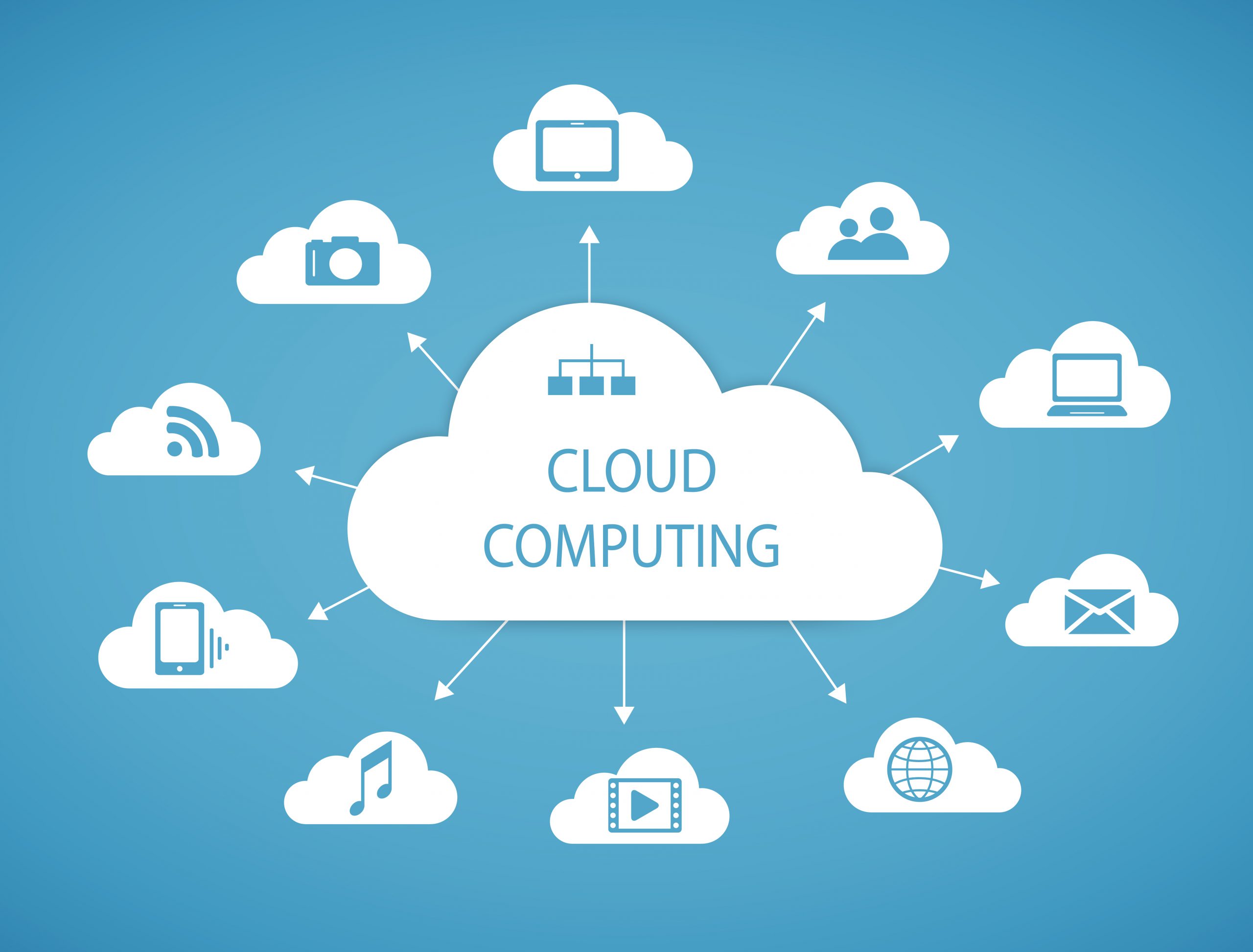A utility payment solution is a system that helps companies manage and collect recurring payments for electric, gas, water, and waste services. It can integrate credit card payments with an online business management service, reducing time spent on administrative tasks and accelerating the transfer of funds. To provide a seamless and secure customer experience, a utility payment platform must support multiple types of digital payments. These can include credit and debit cards, as well as ACH. Ideally, the platform should also include secure browser links for customers to pay their utility bill using the method they prefer. This eliminates the need for paper invoices and helps reduce late payment fees. In the past, many utility bills were paid by check, but with the emergence of new technologies, customers are turning to digital payment methods. Providing a wide range of options to pay utility bills is essential for any company that wants to ensure that customers are not only happy with the services they receive but are more likely to pay their bills in a timely manner. Integrated utility billing solutions can automate the process of collecting recurring payments from customers, which is especially important for small and medium-sized utility providers. This can help them avoid the costs of processing manual payments and paying late fees, as well as avoiding lost or stolen checks. This can also help them increase their collection rate, which is critical for a utility provider that wants to improve its financial performance. In addition to providing a number of ways for utility customers to pay their bills, an ideal utility payment solution should offer a way for utility providers to monitor and track the progress of their payments. This can be done by providing a web-based dashboard that provides real-time visibility into the status of each payment. It can also help to make it easier to spot trends and patterns in the data, which can be used to inform strategic decisions. Moreover, a utility payment solution should provide tools to ensure that transactions are PCI compliant. This is particularly important for utility companies that are responsible for non-discretionary expenses for their customers, such as electricity, gas, and water services. High-profile cyberattacks in the industry have made security a top concern for utility companies, and it is essential that any software solution is able to meet the highest standards of cybersecurity. The best utility payment solutions are based on a robust and flexible infrastructure that can be tailored to each client’s specific needs. Ideally, these systems should be able to handle a variety of payment methods and support multi-lingual and mobile users. In addition, they should be capable of integrating with smart meters and supporting advanced monetization capabilities. This will allow them to deliver customized offers to each customer, increasing the potential for revenue and customer retention. It will also be helpful to have a system that can resolve issues like billing exceptions, account open-close administration, and audits, allowing you to focus on core business functions.

